From a deep mountain in Taiwan to a forest farm in Guangzhou, the capital of Guangdong province, Taiwan youth Huang Ching-tang took over the baton from his father, bringing the rare Taiwan camphor trees and Taiwanofungus camphoratus, or the "Forest Ruby", across the Taiwan Strait to the Chinese mainland.
In early June, Huang, born in 1995, returned to Taiwan, delving deep into the mountains to investigate the growth of wild camphor trees. "We also want to bring back the latest production technology of Taiwanofungus camphoratus," Huang said.
Taiwanofungus camphoratus, a rare and unique fungus native to Taiwan, grows on camphor trees and is known for its significant benefits in liver protection and tumor treatment. The fungus thrives in the hollow spaces of decayed inner walls of the camphor trees or on the dark, damp surfaces of fallen and decaying trees.
"Wild Taiwanofungus camphoratusgrows slowly, and its collection process is complex, leading to its high price," Huang said. Currently, mature methods for artificial cultivation have been developed in the Taiwan market. Due to limited land resources in Taiwan, large-scale cultivation of camphor trees is challenging, according to Huang. "We have seen potential for industrialization of the trees on the Chinese mainland," he said.
After numerous investigations and studies, Huang and his father found that the climate and geographical location in Conghua district in northern Guangzhou were suitable for the cultivation of the trees. In recent years, Huang has been developing around 353 hectares of land in Huangmao and Shuixi villages in Conghua, establishing an industrial park for the development of Taiwanofungus camphoratus.
"In the future, we plan to create a complete industry chain ecosystem locally, ranging from primary production and secondary processing to tertiary tourism," he said.
Developing derivatives of the camphor trees, such as essential oil, toothpaste, soap and other cosmetic products, could be a promising venture, according to Huang.
After growing fruits in Taiwan for eight years, Huang sees the potential of a health industry, which will be rooted on the mainland and benefit people on both sides of the Strait. "We want to bring down the price of Taiwanofungus camphoratusto 10 percent of the original price, allowing more people to benefit from the rare fungus," Huang said.
Currently, the lowest market price for one kilogram of the fungus is about 50,000 yuan ($6,960), with some even exceeding 140,000 yuan, according to him. "If each kilogram of Taiwanofungus camphoratuscosts 5,000 yuan, we believe that more people will be able to enjoy its health benefits," Huang said.
However, from planting seedlings to cultivating camphor trees, it is a long-term project that requires immense patience and precise technical skills. "The biggest challenge to the development of the fungus industry is tree planting," he said.
While the fungus-related industry in Taiwan is relatively mature, the scarcity of raw materials due to the protected status of the camphor trees results in extremely high costs, according to Huang.
"Large-scale cultivation in the mainland can help reduce costs of the fungus," Huang said.
Guan Jinghuancontributed to this story.
qiuquanlin@chinadaily.com.cn









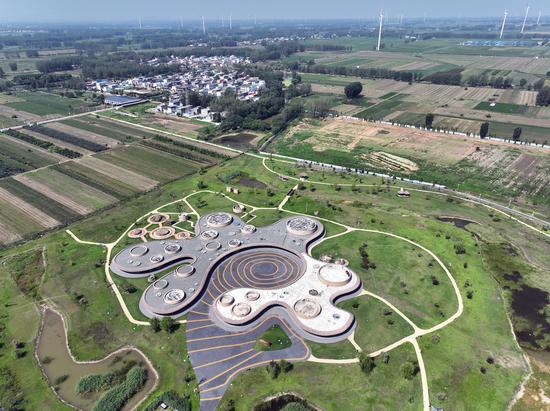















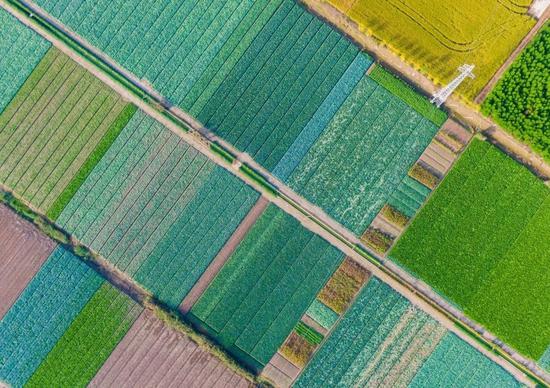



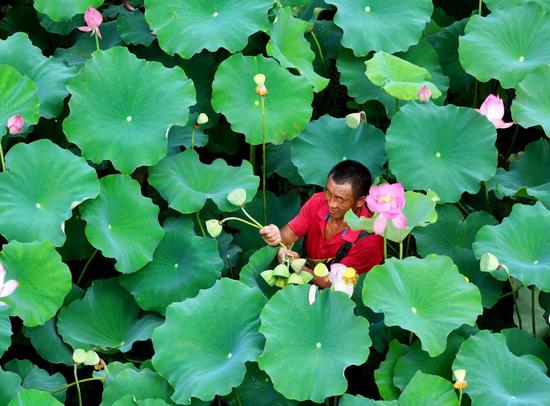




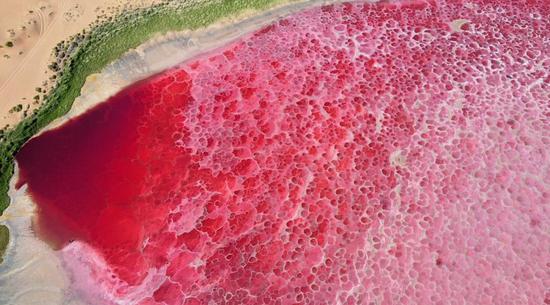







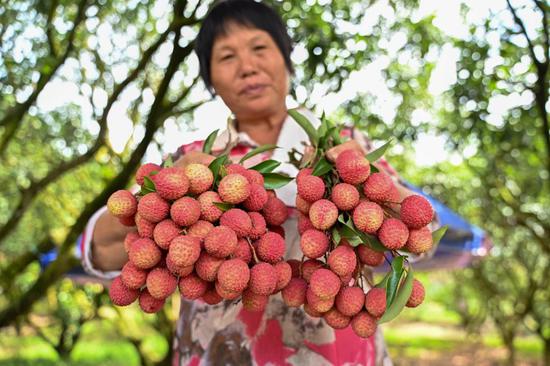





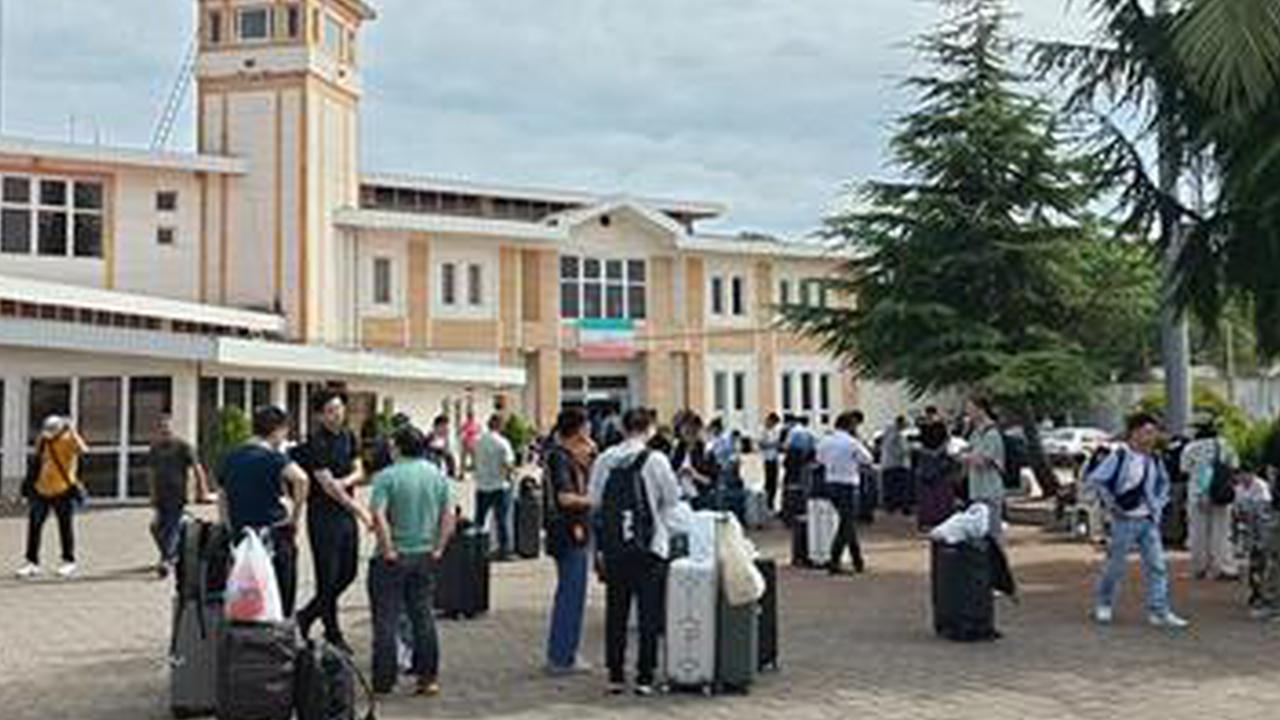

 京公網安備 11010202009201號
京公網安備 11010202009201號